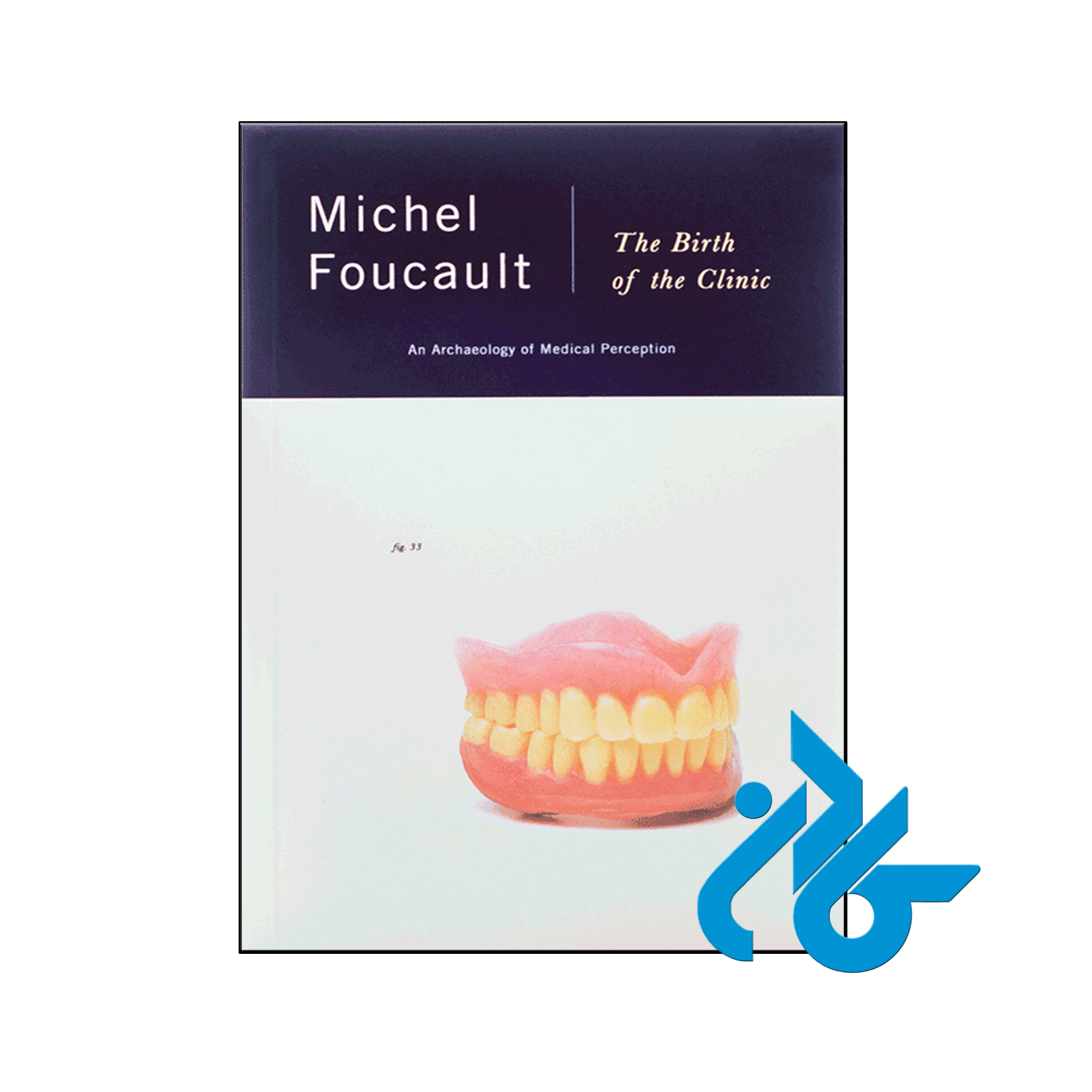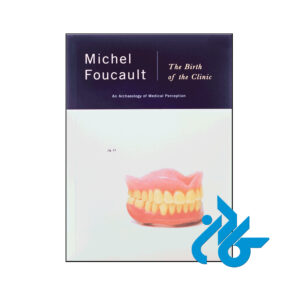زبان انگلیسی
منابع آموزشی زبان انگلیسی
منابع دیکشنری و واژگان
English vocabulary book
کتاب دیکشنری متنی زبان انگلیسی
English text dictionary book
کتاب دیکشنری تصویری زبان انگلیسی
English Picture Dictionary Book
English flashcards
مهارت های زبان انگلیسی
کتاب های اسپیکینگ زبان انگلیسی
English Speaking Books
English Listening Books
English Reading Books
English Writing Books
English Grammar Books
English pronunciation book
کتاب های خود آموز زبان انگلیسی
English teacher's book
English language learning software
English educational videos
English language training packages
سایر کتاب های آموزشی انگلیسی
کتاب های تجاری به زبان انگلیسی
Business books in English
کتاب های متد آموزشی انگلیسی بزرگسالان
Adult English teaching method books
کتاب های متد آموزشی انگلیسی نوجوانان
teenagers English teaching method books
کتاب های متد آموزشی انگلیسی کودکان
Children's English teaching method books
متد آموزش بزرگسالان
کتاب های چهار مهارتی
American Think Book
Focus Book
Speak Out Book
Face 2 Face Book
Four Corners Book
Headway Book
Prepare Book
Interchange Book
American English File Book
Touchstone Book
English for Everyone Book
Connectivity Book
Total English Book
Cutting Edge Book
Navigate Book
Evolve Book
Solutions Book
Viewpoint Book
Summit Book
Top Notch
کتاب های آموزش Grammar
Grammar In Use Book
Betty Azar Book
Grammar Dimensions Book
کتاب آکسفورد انگلیش گرامر کورس
Oxford English Grammar Course Book
Oxford Living Grammar Book
Oxford Practice Grammar Book
کتاب های آموزش Reading
Focus on Pronunciation Book
Cover to Cover Book
Active Skills For Reading Book
Read This Book
Select Readings Book
Inside Reading Book
کتاب ریدینگ اند وکبیولری دولپمنت
Reading and Vocabulary Development Book
کتاب های آموزش لغات
In Use Book
Idioms and Phrasal Verbs Book
English For Book
B J Thomas Book
Key Words For Fluency Book
Focus on Vocabulary Book
4000 Essential English Words Book
Oxford Word Skills Book
کتاب های آموزش Writing
Let's Write English
Longman Academic Writing Series Book
Real Book
کتاب های آموزش اسپیکینگ
World English Book
Speak Now Book
Street Talk Book
Unlock Book
Contemporary Topics Book
North Star Book
English 900 Book
Listening Advantage Book
Open Forum Book
Person to Person Book
Tactics For Listening Book
Discussions A-Z Book
متد آموزش کودکان
کتاب های 3 تا 6 سال
Pockets Book
Phonics for Kids Book
Big Fun Book
Alphabet Storybook
Jolly Phonics Book
Tiny Talk
Mr. Bug's
First Friends Book
Magic Phonics
Let's Go Phonics Book
American Get Ready
کتاب های 7 تا 12 سال
Get Ready For Book
Fun For
Hey There
Connect
Big English
New Round Up
Teen 2 Teen
Got It
Oxford Discover
Hip Hip Hooray Book
Super Safari Book
Super Minds Book
Backpack Book
Let's Go Book
Family and Friends Book
New English Adventure Book
English Time Book
کتاب های مهارت محور
Oxford Discover Book
New Grammar Book
Grammar Friends Book
Grammar Time Book
Reading and Writing
رمان و داستان انگلیسی
رمان و داستان انگلیسی
Historical English Novel Book
English comic novel
English Classic Novel Book
English Horror Novel Book
English fiction novel
English Romance Book
English Science Novel Book
English Fantasy Novel Book
Crime And Mystery English Novel Book
English tragic novel
مان انگیزشی و موفقیت و بیزینس انگلیسی
Motivational English Novel Book
رمان بیوگرافی زندگینامه انگلیسی
English Biography Book
English Science Fiction Novel Book
English philosophical novel
مجموعه رمان های زبان انگلیسی
The Lord Of The Rings English Novel Book
The Empyrean English Novel Book
Tom Gates English Novel Book
Tin Tin English Novel Book
Twisted English Novel Book
Shatter Me English Novel Book
King of Sin Book
Powerless English Novel Book
Harry Potter English Novel Book
Witcher English Novel Book
Wimpy Kid Story Book
کتاب داستان انگلیسی
English Adult Story Books
English Short Story Books
English Teen Story Books
English Stories – Level 1
English Stories – Level 2
English Stories – Level 3
English Stories – Level 4
English Stories – Level 5
English Stories – Level 6
English Stories – Starter Level
مجموعه داستان های زبان انگلیسی
کتاب داستان آکسفور رید اند ایمجین
Oxford Read and Imagine Book
Oxford Bookworms Story book
English Time Story Book
Project Story book
کتاب داستان پنگوئن اکتیو ریدینگ
Penguin Active Reading Story Book
Dolphin Readers Story Book
Roald Dahl Story Book
Family and Friends Story Book
Quick Starter Story Book
کتاب داستان هیپ هیپ هورای ریدرز
Hip Hip Hooray Readers Story Book
manga
Pearson Readers Book
کتاب آزمون انگلیسی
مرتب سازی بر اساس آزمون
PTE English Test
SAT English Test
YOS English Test
IELTS English test
TOEFL English test
GRE English Test
آزمون انگلیسی دانشگاه آزاد EPT
Azad University English Test EPT
OET English Test
IMAT Italian English test
PET English Test
CELPIP English Test Canada
Employment English Test
CAE English exam
CPE English exam
GMAT English test
KET English Test
MSRT English Test
سایر منابع آموزشی و کاربردی انگلیسی
آموزش صوتی زبان انگلیسی
Educational DVDs for Minors
Educational DVDs For Teenagers
Educational DVDs For Adults
English music
Audiobook, podcast in English
کتاب های آموزشگاه سفیر
Safir IELTS Course
Safir Adult Course
Safir Conversation Only Course
Safir Children's Course
Safir Junior Course
کتاب دانشگاهی زبان انگلیسی
Specialized language books
art
Medicine and health
کامپیوتری، مهندسی و برنامه نویسی
Computer, engineering,programming
teaching
literature
رشته دانشگاهی تلفظ و آوا شناسی
phonetics
سایر منابع انگلیسی
زبان آلمانی
German language books
کتاب های متد آموزشی بزرگسالان آلمانی
German adult education method books
کتاب های متد آموزشی کودکان آلمانی
English teacher's book
کتاب های متد آموزشی نوجوانان آلمانی
German children's educational method books
German test books
German language skills training books
German self-study books
کتاب رمان و داستان کوتاه آلمانی
German novels and short stories
کتاب فرهنگ لغت و دیکشنری آلمانی
German dictionary book
German vocabulary and grammar book
German engineering books
German medical books
German verb conjugation books
German magazines
زبان فرانسوی
French language books
کتاب های متد آموزشی بزرگسالان فرانسوی
French Adult Education Method Book
کتاب های متدآموزش کودکان و نوجوانان فرانسه
French children and teenager teaching method books
French test books
French conversation skills
French Writing Skills Book
French Reading Skills Book
کتاب مهارت شنیداری و گفتاری فرانسه
French listening and speaking skills book
French grammar book
French dictation books
French self-study books
French dictionary book
French story book
Other French books
French verb conjugation book
French vocabulary book
سایر زبان ها
Korean language books
Arabic language books
Russian language books
Turkish language books
Italian language books
Spanish language books
Dutch language books
Swedish language books
Japanese language books
Danish language books
Chinese language books
Portuguese language books
Thai language books
Polish language books
Greek language books
Norwegian language books
Georgian language books
Finnish language books












نقد و بررسیها
پاکسازی فیلترهنوز بررسیای ثبت نشده است.